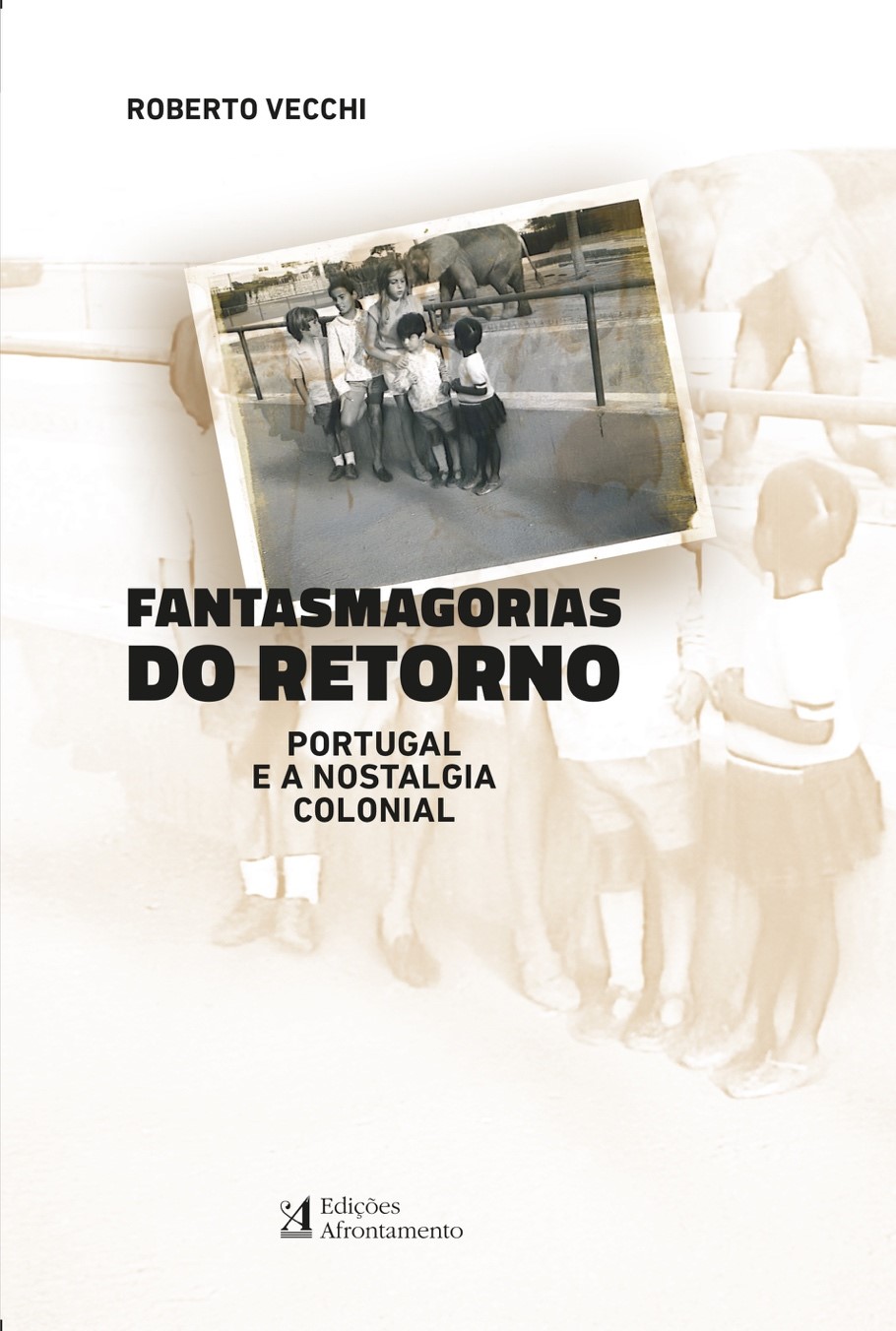Book
«Fantasmagorias do Retorno | Portugal e a Nostalgia Colonial» by Roberto Vecchi
Edições Afrontamento | Memoirs (2025)
Nostalgia, i.e. the possibility of rethinking the past without guilt, is a dominant feature of our modernity. It is a way of reusing and reworking the past. Portugal's experience in Africa left - with traces that are very evident today - a diffuse constellation of nostalgic feelings for the colonial past. Africa's colonial nostalgia is a visible legacy in the present and in contemporary cultural productions. Through its connections with other feelings such as loss and melancholy, but above all, in the case of Portugal, saudade, nostalgia provides fundamental material for the contemporary Portuguese imaginary (literature, cinema, visual arts, theatre) and for the construction of a public memory. Portugal feeds and reinforces a phantasmagoria of return to the African past, which also finds in internet communities a repertoire of places for contemplation, revision and re-enchantment of the past, contributing significantly to the formation of vast and idealised colonial memories and post-memories. Nevertheless, is it possible to rescue nostalgia from its ontological conservatism and turn it, through a radical revision, into a way of building the future?
The book will be presented by Raquel Ribeiro (IHC-UNL) and Paulo Faria (Escritor), on 28 May,18h00, at Livraria Almedina/Saldanha (Lisbon).
About the author
Roberto Vecchi is Full Professor of Portuguese and Brazilian Literature and History of Portuguese-speaking Cultures at the University of Bologna and a collaborating researcher at CES. Since 2007, he has co-ordinated the Eduardo Lourenço Chair (Camões-UNIBO) with Margarida Calafate Ribeiro. From 2014 to 2021, he was president of AIL, the International Association of Lusitanists. Author of an extensive bibliography on the theory and history of Portuguese-speaking cultures, he co-authored with Vincenzo Russo the volume A literatura Portuguesa. Modos de ler (Lisbon, 2022) and Eduardo Lourenço: Uma geopolítica do pensamento (Porto, 2023), co-authored with Margarida Calafate Ribeiro.


